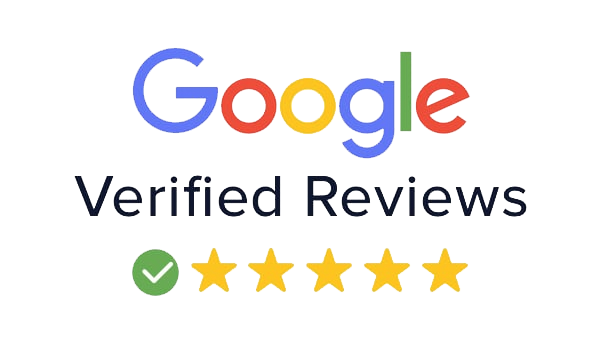What Should I know about Financial Powers of Attorney?
A financial power of attorney is a document allowing an “attorney-in-fact” or “agent” to act on the principal’s behalf. It usually allows the agent to pay the principal’s bills, access her accounts, pay her taxes and buy and sell investments. This person, in effect, assumes the responsibilities of the principal and can act for the principal in all areas detailed in the document. When you appoint someone as your agent, they have the ability to step into your shoes and do whatever you can do, when you are unable to do it.
Kiplinger’s recent article from April entitled “What Are the Duties for Financial Powers of Attorney?” acknowledges that these responsibilities may sound daunting, and it’s only natural to feel a little overwhelmed initially. Here are some facts that will help you understand what you need to do.
Read and don’t panic. Review the power of attorney document and know the extent of what the principal has given you power to handle in their stead.
Understand the scope. Make a list of the principal’s assets and liabilities. If the individual for whom you’re caring is organized, then that will be simple. Otherwise, you will need to find these items:
- Brokerage and bank accounts
- Retirement accounts
- Mortgage papers
- Tax bills
- Utility, phone, cable, and internet bills
- Insurance premium invoices
Take a look at the principal’s spending patterns to see any recurring expenses. Review their mail for a month to help you to determine where the money comes and goes. If your principal is over age 72 and has granted you the power to manage her retirement plan, don’t forget to make any required minimum distributions (RMDs). If your principal manages her finances online, you’ll need to contact their financial institutions and establish that you have power of attorney, so that you can access these accounts.
Guard the principal’s assets. Make certain that her home is secure. You might make a video inventory of the residence. If it looks like your principal will be incapacitated for a long time, you might stop the phone and newspaper. Watch out for family members taking property and saying that it had been promised to them (or that it belonged to them all along).
Pay bills. Be sure to monitor your principal’s bills and credit card statements for potential fraud. You might temporarily suspend credit cards that you won’t be using on the principal’s behalf. Remember that they may have monthly bills paid automatically by credit card.
Pay taxes. Many powers of attorney give the agent the power to pay the principal’s taxes. If so, you’ll be responsible for filing and paying taxes during the principal’s lifetime. If the principal dies, the executor of the principal’s will is responsible and will prepare the final taxes.
Ask about estate planning. See if there is an estate plan and ask a qualified estate planning attorney for help. If the principal resides in a nursing home paid by Medicaid, talk to an elder law attorney as soon as possible to save the principal’s estate at least some of the costs of their care.
Keep records. Track your expenditures made on your principal’s behalf. This will help you demonstrate that you have upheld your duties and acted in the principal’s best interests, as well as for reimbursement for expenses.
Always act in the principal’s best interest. If you don’t precisely know the principal’s expectations, then always act with their best interests in mind. Contact the principal’s attorney who prepared the power of attorney for guidance.
Reference: Kiplinger (April 22, 2020) “What Are the Duties for Financial Powers of Attorney?”


